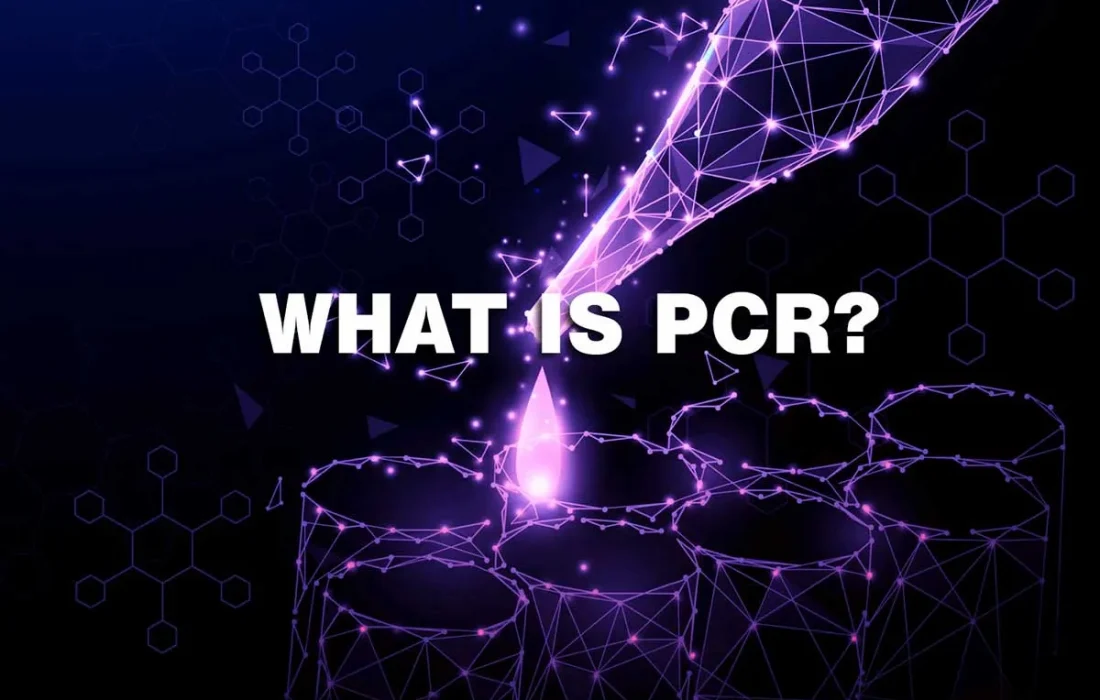PCR — polymerase chain reaction — may be an unfamiliar term, but that won’t be the case for long.
The gold-standard testing method for covid-19 or any other serious infection, PCR’s superpower lies in its sensitivity — its ability to accurately detect genetic material specific to a pathogen. In fact, that extreme sensitivity is what makes it the Anthony Fauci of testing.
So, how does PCR work? What enables its sensitivity superpower?
Imagine PCR as a biochemical photocopier capable of turning a single gene into billions of copies in an incredibly short period of time. The “photocopying” process entails repeated heating and cooling, which, in the case of DNA, separates the two strands, allows a short DNA sequence to bind to a complementary region of the target and copy that target strand. This results in replication of the original genetic material. (When RNA is the genetic material present, the RNA first needs to be converted to cDNA, or complementary DNA, which is the exact DNA copy of the target RNA region you want to replicate.)
Thus the “chain reaction” part of the PCR name: the outcome of one cycle is used immediately for the next, enabling exponential growth. Put another way, PCR doubles the amount of DNA in a sample after each cycle: the first cycle produces 4 strands, and then repeats to make 8 strands, then 16, and so on. (For those tracking the ABCs of PCR, the “P” stands for polymerase, the enzyme that catalyzes the formation of DNA and RNA.)
Finding a needle in a genetic haystack
In essence, PCR replicates target genetic material in order to make it easier to detect. Without that replication, detecting pathogens — everything from the bacterium that causes strep throat to the virus that causes covid-19 — would be like looking for a needle in a haystack. PCR transforms a sample of the pathogen in question into the equivalent of a much-easier-to-find stack of needles, a sensitivity that enables expedient diagnosis. In the event of a positive diagnosis, the target is replicated, creating a stack of “needles” that is easy to find; a negative result means no needles are found for replication.
Created in the early 1980s by American biochemist Kary Mullis, who in 1993 was awarded the Nobel Prize for Chemistry, PCR has been used to detect genetic mutations, analyze ancient DNA specimens, identify crime scene evidence, and determine paternity. It was also famously used to decode and map the entire human genome as part of the Human Genome Project, the international research campaign that ran from 1990 to 2003. It took Mullis and his colleagues countless hours of painstaking work to create a significant (i.e., usable) number of copies, since the researchers had to manually induce the heating/cooling cycle and top up the heat-sensitive polymerase after each round. Today, Visby’s PCR diagnostic tests deliver the same results for covid-19 infection in under 30 minutes.
Personal PCR offers a better, faster test
There are other forms of diagnostic testing to determine active infection, but none offers the sensitivity of PCR, which provides near 100% accuracy. Isothermal methods, for example, which like PCR are used to detect genetic material, are less sensitive and vary in their efficacy. But even if an exceptional isothermal test offered as much as, say, 95% accuracy, consider that in a population of 1,000, as many as 50 people could end up misdiagnosed, compromising that entire population.
Antigen tests, another widely used diagnostic testing procedure for covid-19, and a fast one at that, detect proteins on the surface of the virus rather than viral nucleic acid. However, antigen tests aren’t as sensitive as molecular tests, and result in a significant number of false negative results. In fact, the World Health Organization estimates that thesensitivity of antigen tests ranges between 34% and 80%, meaning half or more of covid-infected patients tested could be misdiagnosed.
When it comes to testing for covid-19, it’s not just simply a matter of pumping out more tests. What’s also needed is widespread availability of faster, highly accurate diagnoses independent of the centralized lab system. Visby’s Personal PCR offers just that — the possibility of a new era of diagnostics by delivering genuine PCR accuracy and sensitivity to anyone in under 30 minutes.
The power of a lab in your pocket
Whether hunting DNA or RNA, PCR sniffs out traces of genetic material in the span of a chemist’s coffee break — a fraction of the time it took Mullis and his colleagues in their trailblazing days. And just as it’s likely they could never have anticipated the accuracy and speed of today’s PCR technology, neither could they have imagined a personal device small enough to fit in your hand.
Which is exactly what Visby has achieved by folding a PCR lab into a palm-size box to diagnose covid-19 — or, in the future, any number of other serious infections, from cholera to chlamydia — rapidly and without compromising lab accuracy standards. An easy-to-use integrated solution (no instrument needed), all you’ll need is an electrical outlet and the less than 30 minutes it takes for the color-coded result to appear.
And there you have it: a lab in your pocket.
